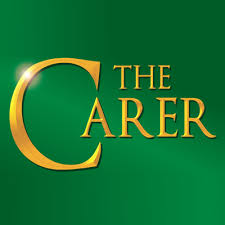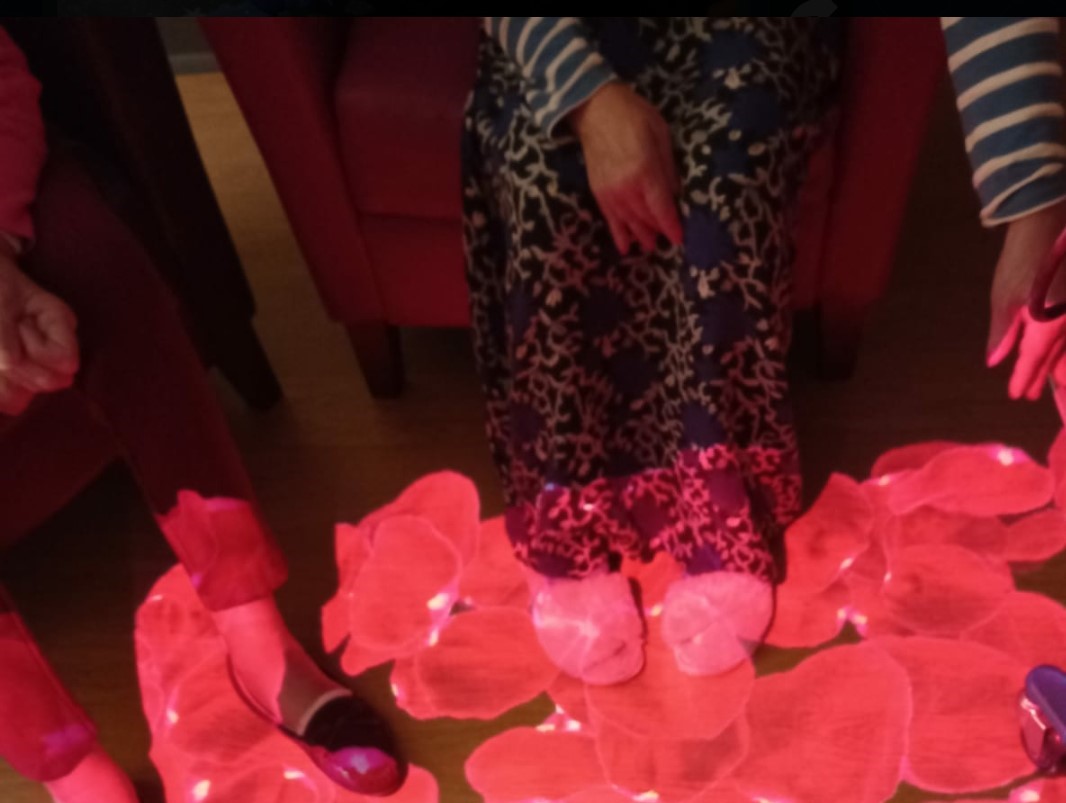Exceptional Care Activities for People Living with Dementia
Wouldn’t it be great if we could all have a little more laughter in our lives?
Through the power of light, the Happiness Programme is changing the lives of people across the UK, through every day interactive play experiences that encourage participation, engagement and social experience.
The Happiness Programme is focused on supporting:
- people living with dementia
- their care team
- their friends and family
A case study with Bupa
Hear from Susanna Bannister, Activity Co-ordinator at The Kensington
Improving well-being
Our technology is built upon a growing body of research demonstrating the benefits of playing with interactive light to those living with dementia by providing physical, cognitive and social stimulation to those with care needs through games they’ll enjoy playing.
The Happiness Programme provides the structure, guidance and support to better enable care venues, care staff and friends & family to maximise these benefits and delivery improved care outcomes.
Reducing reliance on anti-psychotic drug use
Increasing weight gain
Reduced falls
Interactive lights is proven effective
Through engaging, interactive and universal games & activities, there are opportunities for stronger relationships and intergenerational play, creating cherished memories with young children and family members.
There are more than a dozen research studies which have linked interactive lights with three outcomes:
- Sensory stimulation
- Relaxation
- Reminiscence
Interested to learn more? Contact us and we’ll be happy to share the dozen or more research papers into the power of interactive lights.
A case study with Octavia
“We’ve noticed that it has greatly and positively impacted the mental, physical and psychological wellbeing of our residents. They have become more sociable, more independent and have begun to enjoy life a little more.”








